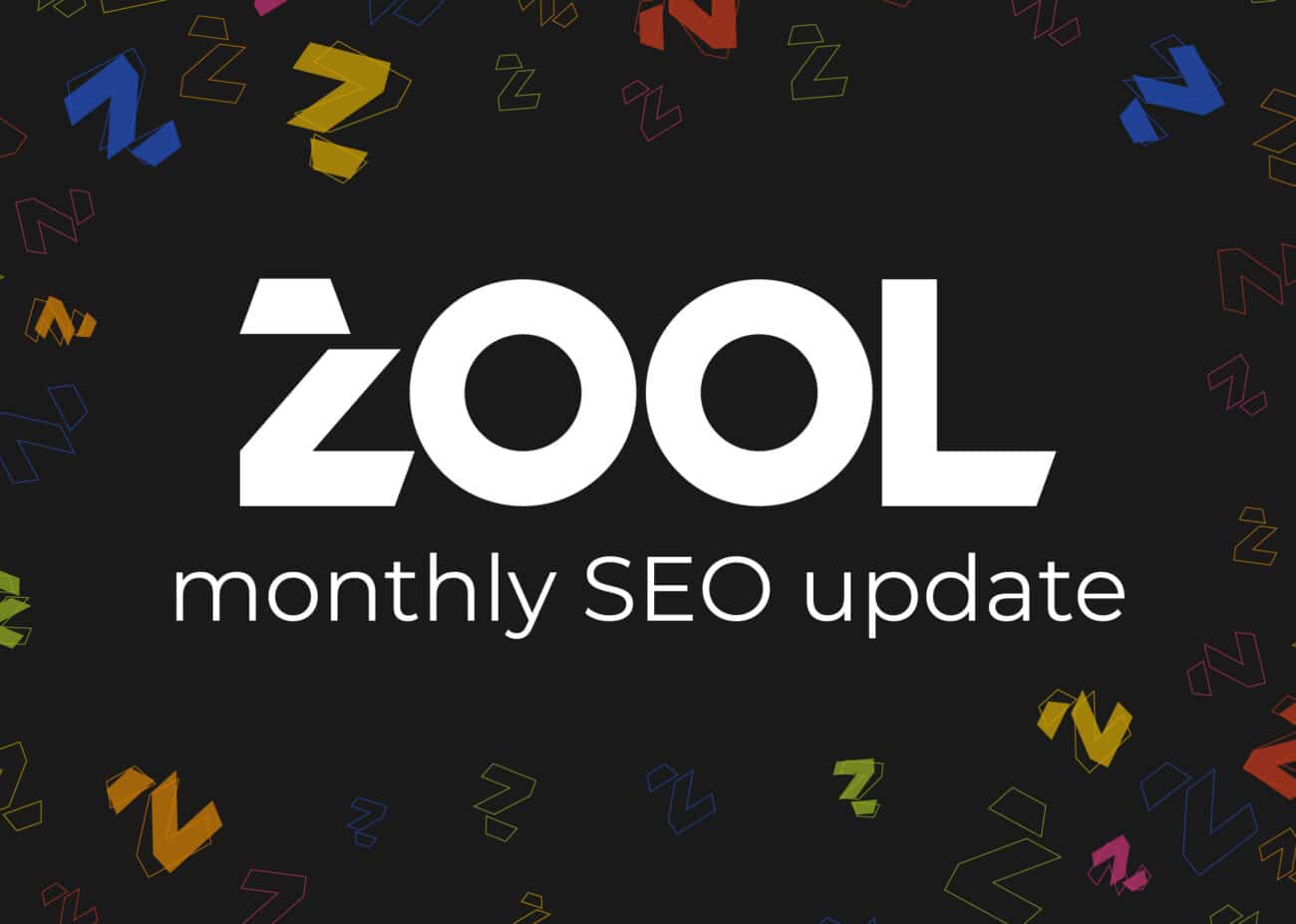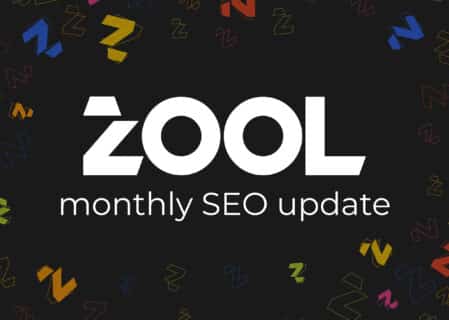So, what happened in the online world in September?
Well, firstly Google finished the rollout of their Core Web Vitals Page Experience update, which is aimed at measuring a site’s performance according to a searcher’s experience when they land on a page with metrics covering loading performance, interactivity and the visual stability of the page. This means if you have a fast site you will rank better than if your site is considered slow. It isn’t the biggest ranking factor by all means, and certainly depends on whether you are faster or slower than your competitor, but it is definitely something we are paying attention too.
Meta Title gate is still ongoing. We talked about this in last month’s newsletter, because Google suddenly stopped using meta titles that had been written on websites and generated their own meta titles instead. They have listened to feedback and have dialled this back a bit, and seem to be using it in fewer instances, but they have also said they are committed to and will continue to use this new system of changing people’s meta titles where they think they can do a better job! We are monitoring this and adapting to it.
John Mueller, Search Advocate at Google, recently announced that internal linking has great power at Google as it helps them to understand the structure of your website, shows them what you consider your most important pages to be, and links users through your content to the relevant stuff. Again, this is something that we regularly look at here at Zool.
It’s not all about Google this month though. Microsoft also announced that they are going to introduce Microsoft Start shortly, in version 11 of Windows. Microsoft Start is a new personal recommendation engine that is not unlike Google Discover. When users open their phone before they search, they will get recommendations for content in a sort of newsfeed which is based on many factors including their search history. It is interesting that Microsoft is going down this route as well, as it is changing the way search works by pre-emptively giving people suggestions rather than waiting for them to type in a keyword.
Shopify also made an interesting announcement this month regarding a new global commerce hub they are launching – called Shopify Markets – which aims to make it easier for businesses to roll out to new markets. Traditionally, if you wanted to sell in a new market, you would have to consider different languages, local currencies, logistics, legal, and tax shipping complications. Shopify Markets makes this all easier by taking care of all of that stuff for you – you just tell it where you want to sell, what product inventory and what pricing rules you want to use.
SEO News Round-up for September 2021
Digital SEO / Sep 6, 2021
So, what happened in the online world in September?
Well, firstly Google finished the rollout of their Core Web Vitals Page Experience update, which is aimed at measuring a site’s performance according to a searcher’s experience when they land on a page with metrics covering loading performance, interactivity and the visual stability of the page. This means if you have a fast site you will rank better than if your site is considered slow. It isn’t the biggest ranking factor by all means, and certainly depends on whether you are faster or slower than your competitor, but it is definitely something we are paying attention too.
Meta Title gate is still ongoing. We talked about this in last month’s newsletter, because Google suddenly stopped using meta titles that had been written on websites and generated their own meta titles instead. They have listened to feedback and have dialled this back a bit, and seem to be using it in fewer instances, but they have also said they are committed to and will continue to use this new system of changing people’s meta titles where they think they can do a better job! We are monitoring this and adapting to it.
John Mueller, Search Advocate at Google, recently announced that internal linking has great power at Google as it helps them to understand the structure of your website, shows them what you consider your most important pages to be, and links users through your content to the relevant stuff. Again, this is something that we regularly look at here at Zool.
It’s not all about Google this month though. Microsoft also announced that they are going to introduce Microsoft Start shortly, in version 11 of Windows. Microsoft Start is a new personal recommendation engine that is not unlike Google Discover. When users open their phone before they search, they will get recommendations for content in a sort of newsfeed which is based on many factors including their search history. It is interesting that Microsoft is going down this route as well, as it is changing the way search works by pre-emptively giving people suggestions rather than waiting for them to type in a keyword.
Shopify also made an interesting announcement this month regarding a new global commerce hub they are launching – called Shopify Markets – which aims to make it easier for businesses to roll out to new markets. Traditionally, if you wanted to sell in a new market, you would have to consider different languages, local currencies, logistics, legal, and tax shipping complications. Shopify Markets makes this all easier by taking care of all of that stuff for you – you just tell it where you want to sell, what product inventory and what pricing rules you want to use.
Array
